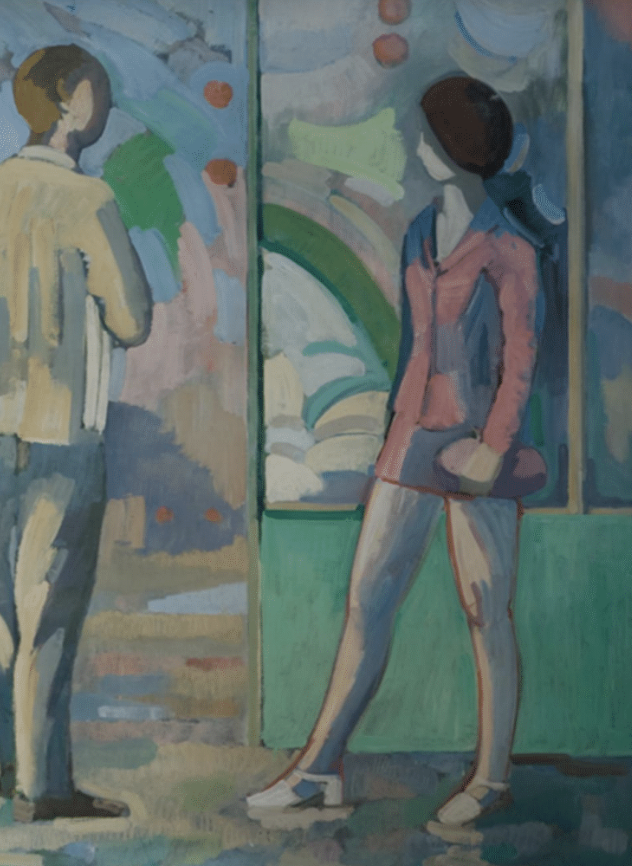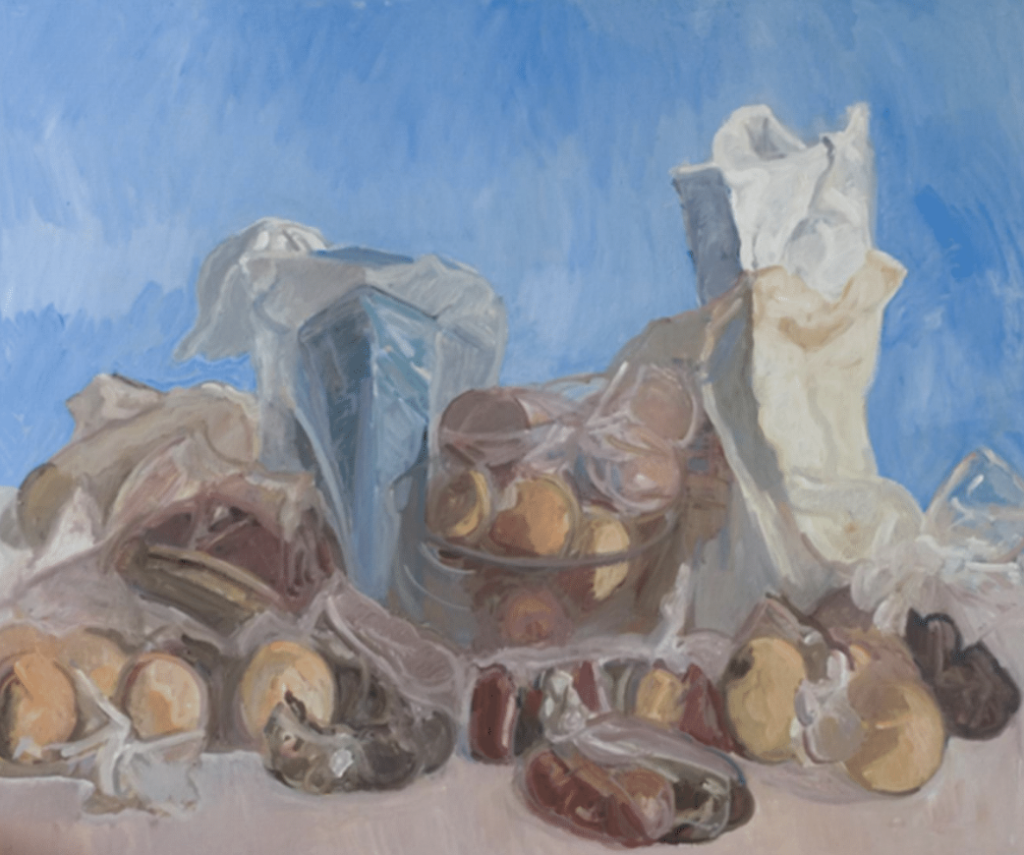Education
“Education for the long term.”
Creating programs: Joan Jeffri has helped governments, funders, universities, arts institutions and artists create educational programs in arts management and cultural leadership from a few days to over a decade. Her expertise comes from 35 years of teaching at Columbia University where she wrote the first course in arts administration, was the program’s core teacher and its director from 1989-2011.
During her time there, she taught at Columbia’s Business School, its School of the Arts and at Teachers College.
As a Senior Fulbright Scholar in Israel, her focus was on earned income, a subject for which she won a Leavey Award for Private Enterprise Education.
She has mentored students and teachers now teaching arts management in Australia, Brazil, Chile, China, Colombia, Japan, Korea, Portugal, Taiwan and has trained arts practitioners and academics from non-arts disciples to be teachers of arts management since her philosophy is “Education to empower others.” She is deeply concerned with the over-arching issues of the field including transparency, resilience, ethics and policy as well as imparting skills and tools and has written on the subject for over three decades, as Editor of The Journal of Arts Management and Law, as professor and teacher, and as founder and director of the Research Center for Arts and Culture.
Planning & Programming
Jeffri has a keen eye for smoke and mirrors, so she is helpful in coaching others to put their ideas into perspective and take the long view. This includes personal growth as an arts manager, succession planning, as well as discussions of innovation and risk-taking, one reason why project work won a Teachers College Provost’s Investment Grant for Innovation.
She points out the tendency for arts organizations to add new programming without retiring programs that are no longer relevant. For arts organizations to move into sexy areas like branding before they have a clear sense of their mission. And for managers to view time for reflection and contemplation as something akin to “playing hooky” when such contemplation may provide the most essential motivation for renewal.
“Trying to balance their artistic needs with their financial necessities, many {arts} groups are caught between becoming solvent by paying the piper who calls the tune or remaining pure but poor.”
Joan Jeffri, ARTS MONEY: Raising It, Saving It, and Earning It
Writing
Jeffri has often been asked to help organizations like the National Performance Network celebrate anniversaries or benchmarks by synthesizing the history of the organization with the history of the field. Her research documents are accessible and readable and seek to include new learners as well as mature ones.
Mentorship
One of the disappointments in our fast-paced world is the lack of time for mentoring on a peer-to-peer level. Mentorships are not relationships that can be assigned, but they can and do grow out of environments of trust and experience. The kinds of satisfaction that can come from mentor-mentee journeys don’t go on a bullet list, can’t be quantified, and resonate over time. By making that time available, we can enrich each other, surprise each other and inspire each other.
Research, Networks & Policy
Jeffri is known internationally for her research on artists and has worked on comparative studies and publications in Australia, Portugal, Canada and China. Her co-researchers come from Cornell, UCLA, Georgetown, Princeton, NYU and Columbia Universities. Her research has been funded by the National Endowment for the Arts and a group of prestigious foundations including Ford, Mellon, Pew, the Luso-American Foundation, the Andy Warhol Foundation for the Visual Arts, the Nathan Cummings Foundation, the Doris Duke Charitable Foundation, the William Randolph Hearst Foundation, the Pollock-Krasner Foundation, the Hewlett and Packard Foundations, and the William Penn Foundation, among others.
“Artists are the integrators of our society. From their earliest days of self-governance including cooperatives, collaboratives, ensembles, and organizations, they have been both an inspiration and a threat. Illustrating the very principles of democracy, they have depended not only on the kindness of strangers, as Tennessee Williams’s Blanche DuBois, but on the kindness–and the fickleness–of patrons, including the government. It is the very public nature of their work that causes it to be in our interest to recognize their contribution to the fabric of American society.”
Joan Jeffri, “The Artist in an Integrated Society,” in Public Money and the Muse
As a Senior Fulbright Scholar in Australia, she did seminal research on philanthropy, published in the International Journal of Cultural Policy. She has conducted feasibility studies for educational programs and fund-raising strategies at the University of Hong Kong, at the Fundacao de Serralves in Oporto, Portugal and a deep collaborative, international network informs all Jeffri’s work, actions and relationships.
And much of her research, while its methods are validated in the academic world, is applied. She has always been the bridge between disciplines, generations, professions and hierarchies. She has worked closely with arts unions, academics, and arts practitioners. As colleague Paul DiMaggio, when he was the A. Burton Hepburn Professor of Sociology and Public Affairs at Princeton, put it, “She has worked on methodologically groundbreaking research…she became the indispensible person for any gathering on research about artists…she has built an extraordinary network of researchers.” And finally, “All researchers want their work to be useful, but Joan makes sure that it happens.”
That usefulness extends research and its application into the policy arena:
“As the arts grope to justify or vindicate themselves in a managerial environment, to explain themselves in a legal one, and to survive in ‘the public interest,’ we must all struggle to balance what is best in our personal, private experience with what is worthy of an entire nation.”
Joan Jeffri, Journal of Arts Management and Law, 14:3


